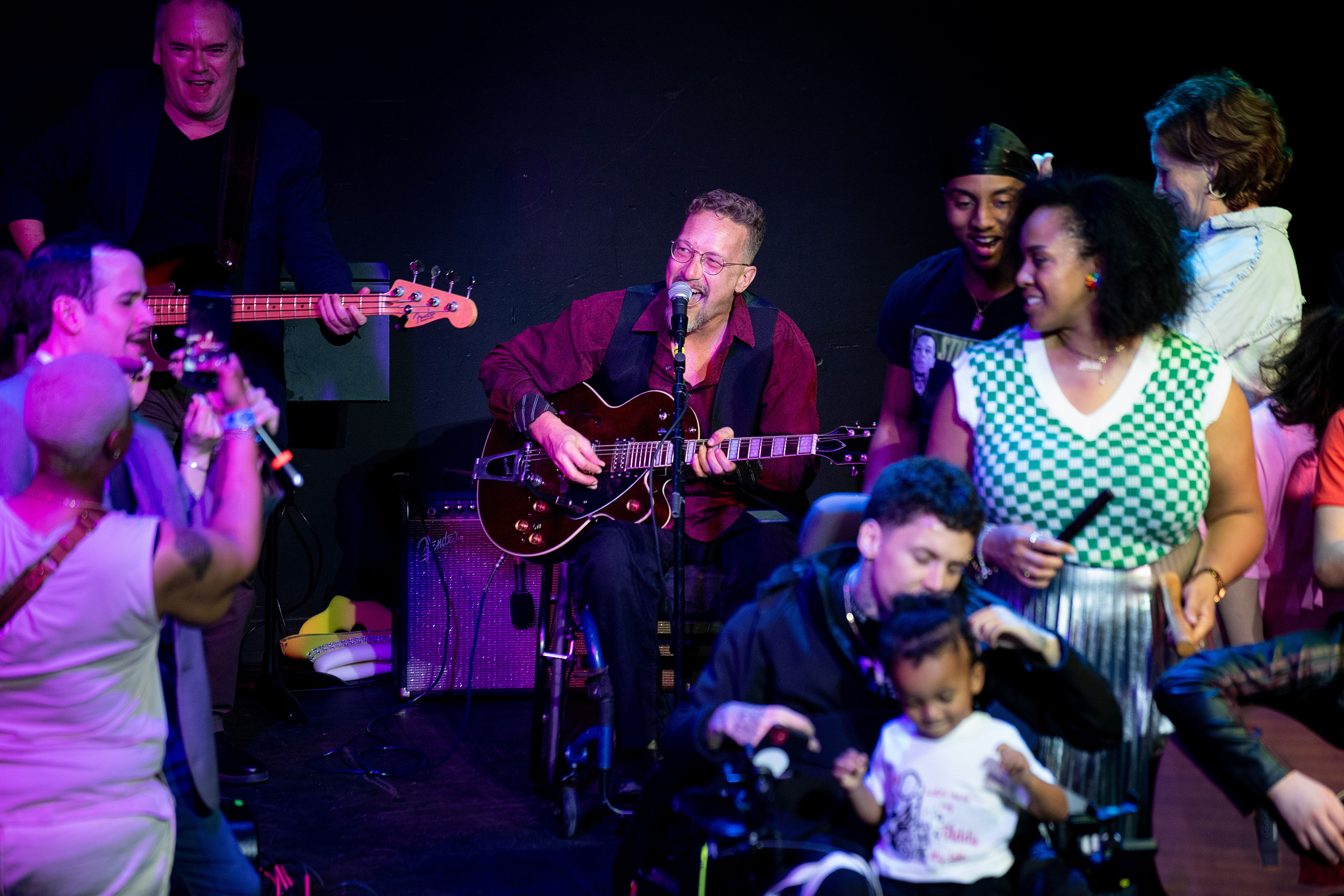Sister of Jazz Legend Frank Morgan Dishes Ahead of MFAH Jazz on Film Screening
Frank Morgan was a jazz saxophone legend who knew how to tap into your soul. Something of a prodigy, Morgan was playing with Billie Holiday, Lionel Hampton, and his icon Charlie Parker by the time he was 15. But he also became addicted to heroin at 17, ultimately spending 30-odd years in and out of prison. Remarkably, he made a comeback in the 1980s, and, as Sound of Redemption: The Frank Morgan Story tells it, he’s remembered today for his otherworldly ability to move everyone in an audience from the front-row high rollers to the bartenders in the back.
The 2014 film directed by N. C. Heikin is part of the Museum of Fine Arts, Houston Jazz on Film Series, which runs through the month of June. The film begins and ends with the mellow sound of a saxophone, and the Houston premiere of Sound of Redemption on June 10 will stretch that sound out just a little longer. After a post-screening conversation with series curator Peter Lucas and Angela Morgan, Frank’s sister, there will be a live jazz concert you can catch down the street.
Houstonia spoke to Angela, who lives in Houston, about how she remembers her brother and what his music has meant to her over the years. The interview has been condensed and edited for clarity.
There’s such an age difference between you and Frank—more than 20 years. What was your relationship like with Frank when you were young?
Frank was the product of my father’s fourth marriage, and I was the product of his eighth. By the time I was born, Frank was already in and out of prison. Whenever he would get out, he would come to Las Vegas to stay a couple days, just be a wonderful brother and play with us. Next thing you know, he would disappear. He and my father had such a volatile relationship—it would usually end up with them getting in some kind of argument, and I’d wake up the next morning and Frank would be gone.
All I remember as a child is that my father spoke so highly of my brother to us: “I have this son, he’s brilliant, he’s one of the baddest saxophonists in the world.” My father idolized him, and the volatile relationship came from his disappointment that he wasn’t living up to his potential.
How did your relationship with Frank change as you got older?
By the time I’m an adult, Frank is pretty much done going to prison and has resurfaced, and I’m seeing him on the Jane Pauley show, I’m seeing him do a big NBC interview, and I’m trying to keep up with where he is and what’s he’s doing. My cousin in Milwaukee always stayed in touch with him, and so she told me that, guess what, Frank’s gonna be in Galveston performing at the opera house. Frank was just elated, we stayed afterwards with him, and it was amazing. He was just so glad to see me. It was a really emotional experience.
The film really juxtaposes Frank’s incredible talent as a jazz musician with his struggle to overcome addiction. How do you reconcile or think through both of those sides of Frank?
As I get older, I get it. Yes, he started to tour with Charlie Parker, and he wanted to emulate Charlie Parker, but it really stemmed from him feeling that my father didn’t love him. There was a sense of abandonment for a lot of those years, and that’s where the addiction came in. I don’t see it as, oh he was a musician that struggled with drugs. I get the deeper problem because I know my father. And my father was a very stern man who meant well, and when you disappointed him, he treated you like crap.
When you saw the film and saw the interviews (including yours), did you realize any new truths about Frank?
Seeing some of his ex-girlfriends, I didn’t know he ever dated black women! I thought he only dated white women—all his wives were white. And just listening to all the friends talk about him, it kind of confirmed he was always extremely polite. He was a very disciplined person to be so undisciplined, there were some things that were nonnegotiable for him. He didn’t drink. He was a devout Muslim. Music was one of those things. He was very serious about the things that mattered to him, including drugs, music, everything.
Tickets $9. Sound of Redemption screens June 10 as part of the MFAH Jazz on Film series. Museum of Fine Arts, Houston, 1001 Bissonnet. More information at mfah.org.




